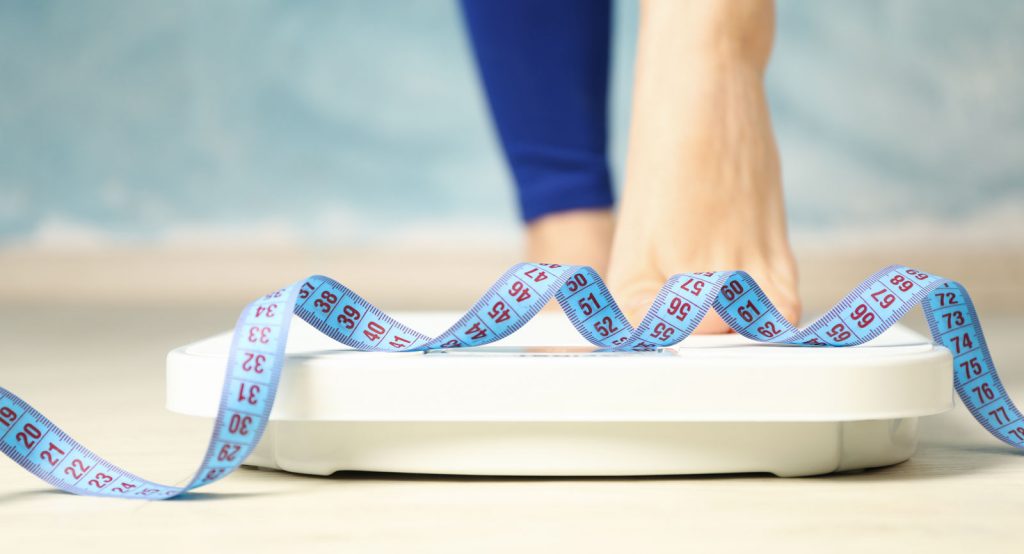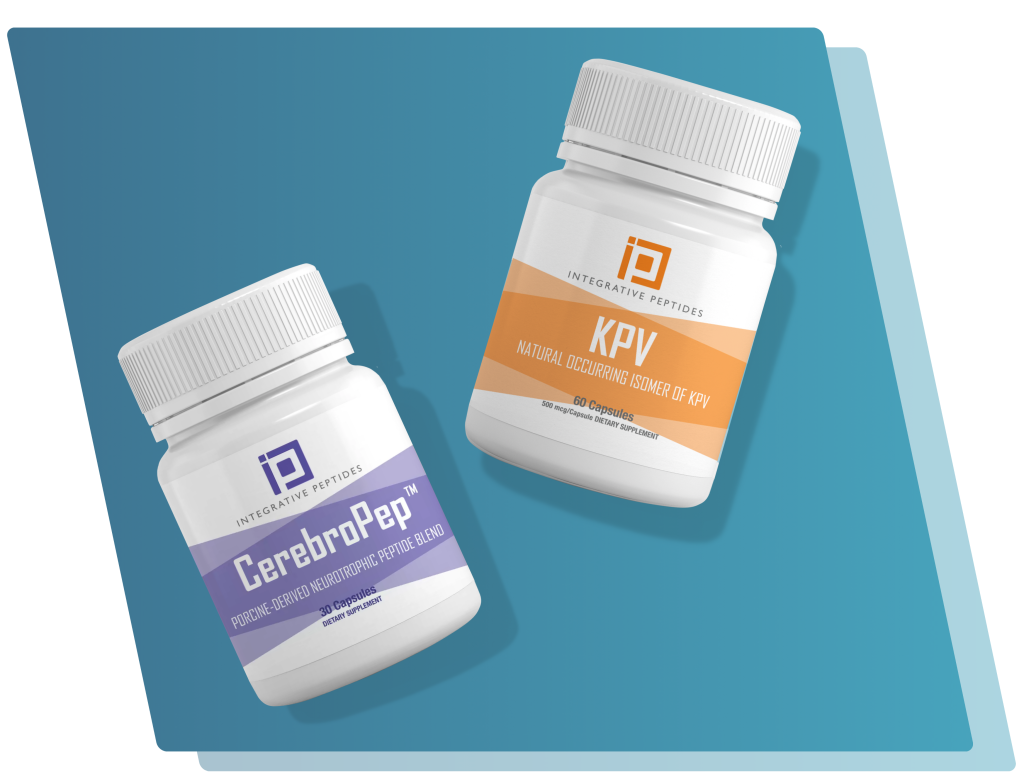
Well, there is! Our microbiome is incredibly important when it comes to healthy weight loss and our health in general. It is estimated that 60% of the variation in our microbiota is a product of our environment, especially our diets and antibiotics (4). Let’s explore the connection between the microbiome and weight loss.
You are what you eat…or what your bacteria eat. Individuals who are obese have been shown to have an unbalanced microbiome. This unbalanced microbiome is associated with inflammation and increased blood sugar levels due to the greater extraction of energy from food. A poor diet high in sugar and fat isn’t the only thing that can upset our microbiomes. Antibiotics can wreak havoc on the bacteria in our guts. When we are prescribed an antibiotic it is to destroy the harmful bacteria making us ill. However, it can also destroy the good bacteria in our guts. This disruption of our microbiome can lead to weight gain. It is no surprise that antibiotics lead to weight gain. Industrial agriculture has known for decades that low doses of antibiotics encourage animals destined for slaughter to gain weight faster. A similar study has been done on mice, and this is leading scientists to believe that the rise in childhood obesity may in fact have something to do with the widespread use of antibiotics (4).
When we are stressed out and running on empty we tax our systems. Stress can not only contribute to us getting sick, but it can inhibit our ability to lose weight. Being stressed has been shown to affect digestion and what nutrients can be absorbed. The intestinal walls can be weakened allowing gut bacteria to enter our systems. Stress has also been shown to exacerbate IBS (irritable bowel syndrome) symptoms. Stress is another huge factor when it comes to healthy weight loss.
The gut-brain axis is a link between the central nervous system and the enteric nervous system of the body. It involves direct and indirect pathways between the cognitive and emotional centres of the brain with intestinal functions (1). IBS in particular is a perfect example of how the two are connected. Often people suffering from IBS have both central nervous disorders (anxiety, depression, autism) as well as functional gastrointestinal disorders. Cortisol is a stress hormone that affects many organs including the brain. Both neural and hormonal lines of communication combine and can influence the activities of the intestinal cells. These cells are also under the influence of the gut microbiota. Simply put, a troubled intestine can send signals to the brain, just as a troubled brain can send signals to the gut. The brain and the gastrointestinal system are intimately connected.
The immune system plays an intermediary role between the gut and the brain. The axis interacts directly with the immune system. The gut itself is an important immune organ that provides a defence between internal flora and external pathogens. We know from examples of patients with both syphilis and Lyme disease that there is a direct connection between infection and brain function. Patients suffering from Lyme disease have reported a number of neurological symptoms (2). Even after rounds of antibiotics Lyme patients still experience symptoms. This phenomena is known as PTLDS (post-treatment Lyme disease syndrome). Patients who have undergone antibiotic treatment are coming forward with unexplained autoimmune conditions like multiple sclerosis or rheumatoid arthritis. Research has revealed that despite antibiotic treatment some of the Lyme bacteria remains intact causing autoimmune disorders to erupt.
Now that we have a good grasp on what can cause our microbiomes to get off balance and cause weight gain let’s talk about some solutions. Exercise, and a predominantly plant based diet can help with the high fat/high sugar problem most western-diet consumers are experiencing. A good start is to re-populate healthy bacteria in the gut by eating foods rich in pre and probiotics. You can also purchase these in pill form. They will help feed the good bacteria in your gut. A new term recently coined in 2013 is the concept of psychobiotics. Psychobiotics are bacteria with positive effects on mental health. Animal studies have led the way in showing that specific strains of Bifidobacteria, Lactobacillus or Bacteroides can have positive effects on brain and behaviour including evidence that certain bacteria can enhance cognitive processes and affect emotional learning (3).

Subscribe to our website and check back frequently for our latest articles and other information to boost your peptide and supplement fluency.
The information provided on this site is intended for your general knowledge only and is not a substitute for professional medical advice or treatment for specific medical conditions. Always seek the advice of your physician or other qualified health care provider with any questions you may have regarding a medical condition. These statements have not been evaluated by the Food and Drug Administration. This product is not intended to diagnose, treat, cure, or prevent any disease.